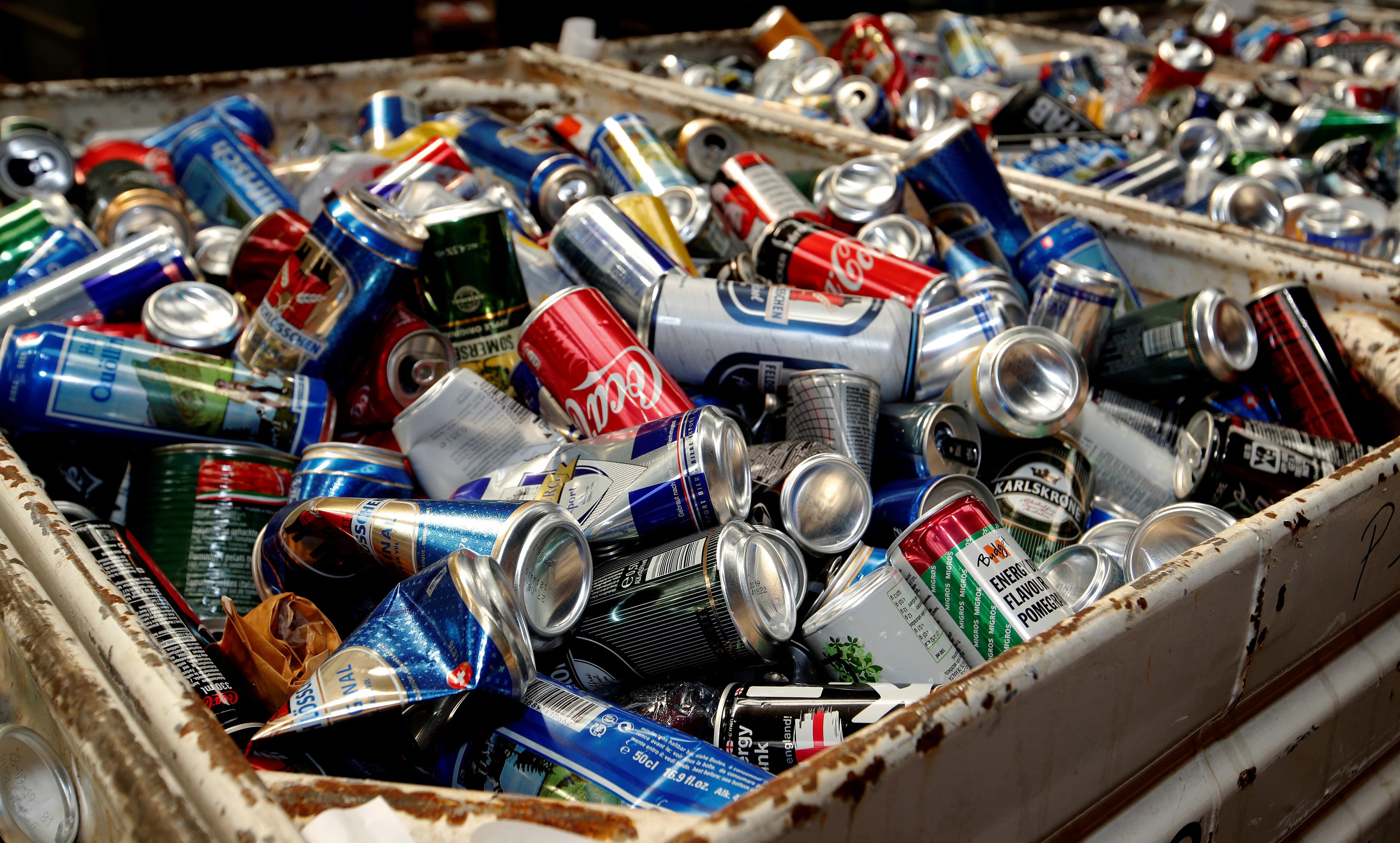您想继续阅读英文文章还
是切换到中文?
是切换到中文?

THINK ALUMINIUM THINK AL CIRCLE

The US is suffering the consequences of President Trump doubling tariffs on the import of aluminium to 50 per cent, such as the increased costs and supply chain disruptions. But it is the demand which has not yet faced any hit. However, the nation is not really short of aluminium, according to industry professionals.

More than USD 1 billion worth of aluminium from beverage cans, motor vehicles, electronics, and building materials is dumped in landfills annually. It is a lost opportunity when import costs are surging steeply. Recycling aluminium uses only a small fraction of energy and could offset the tariffs if recycling facilities were enlarged.
Companies that are struggling with the tariffs
The Trump administration increased tariffs on aluminium imports from 25 per cent to 50 per cent. Although the action is geared towards helping US industries, it's also creating pressure on beverage, automotive, and manufacturing firms dependent on aluminium as a main raw material.
For drink companies, the tariff shock hit hard right away. Aluminium cans are still the go-to packaging, but increased costs could drive up prices. Car makers are facing similar pressure, as aluminium is a critical component for cars to comply with fuel efficiency requirements. Industries in manufacturing, from aircraft to buildings, are also sounding alarms.
Also read: Shaky but steady: Brazil’s aluminium can recycling rate falls 2.7% but stands above 95% for 15 years
Recycling may be the solution
On the bright side, there is a bright future for recycling at home. American manufacturers can absorb much of the cost of tariffs by enhancing recycling capacity and recapturing aluminium already in the marketplace instead of depending on imports.
Recycling in America fails to reach its full potential, though. Gaps in the infrastructure cause most losses: cans are discarded with trash, and archaic sorting facilities send recyclables to the landfill by mistake. Industry analysts point out that spending money on improved collection, sorting, and melting plants not only saves the environment from trash but can insulate industries against unstable markets.
For the time being, tariffs remain a drag on costs, but perhaps the answer is to look less at international trade wars and more at using what is already within reach at home. By making that change, sectors such as beverages, automotive, and manufacturing can reduce their reliance on overseas sources and buffer the effects of trade shocks.
Responses








